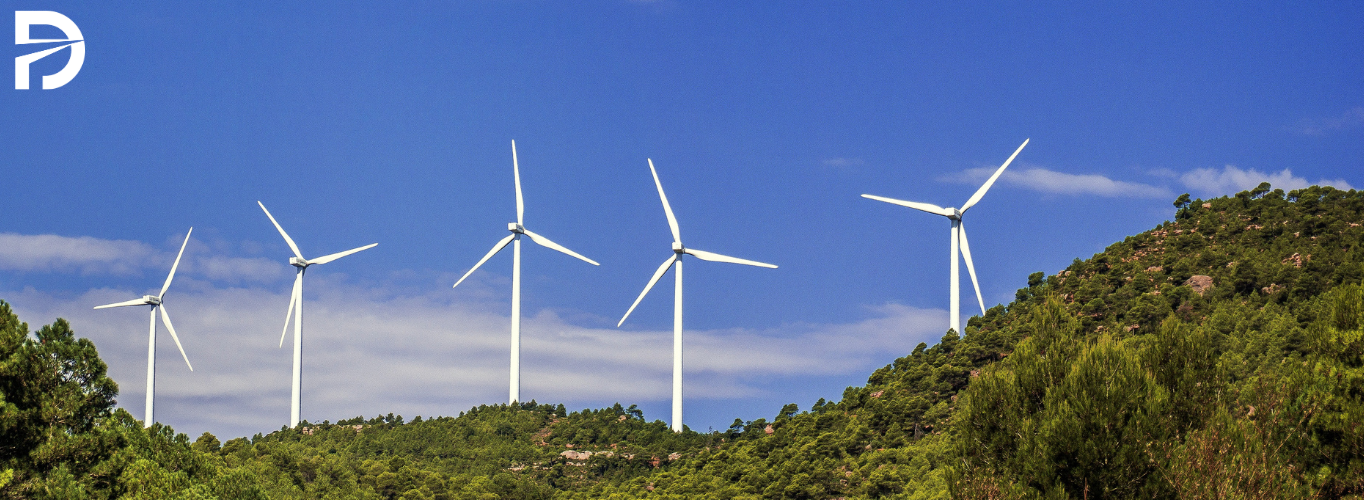Mind the Language Gap: Make Your Energy Conversations Make Sense (and Searchable)
Over decades, the Energy industry has refined its messaging for regulators, analysts and technical peers that are fluent in its logic. But those are no longer the only primary audiences. In a landscape where more people are searching—and reacting to—energy decisions, companies can’t afford to communicate in shorthand.
by Sarah Byrkit
In energy, we often excel speaking with those who are already fluent.
That’s not surprising. Over decades, the industry has refined its messaging for regulators, analysts and technical peers that are fluent in its logic. But those are no longer the only primary audiences. In a landscape where more people are searching—and reacting to—energy decisions, companies can’t afford to communicate in shorthand.
Insider-first language the industry has relied on for decades wasn’t built for today’s information environment. Conversation volume has exploded across Google searches, GPTs, headlines and social feeds. Industry speak often misses the frame—widening the gap between how the energy companies speak and how people actually listen.
The Language of the Industry vs. the Language of the Consumer
A quick dive into Google Trends reveals a telling pattern: terms like “energy industry” or “energy sector” barely register compared to the broader, simpler term “energy.” This isn’t just a quirk of search algorithms—it’s a reflection of how people view energy. Most consumers aren’t interested in the “sector”; they want to understand the products, services, or effects that impact their daily lives.
What does this mean for energy communicators? It’s a reminder that, to be found — and to be relevant — we need to meet people where they are, using the words they use.
That means shifting from abstract industry jargon to everyday language that describes impact. From “hydrogen infrastructure” to “cleaner fuel for cars and facilities.”
Climate, Global Warming, and the Power of Simplicity
A related gap emerges with climate communication. While the industry and policymakers might focus on terms like “global warming” or “climate change,” the public is searching more frequently for “climate.”
This is a subtle distinction, but an important one: “climate” feels closer to everyday experience and curiosity, whereas “global warming” can sound more technical, scientific, or even political. The only exception where “climate change” peaks is in April during Climate Week.
If your message is about combating climate change, it’s worth considering how the simplicity of “climate” can improve your reach.
Energy Outranks Healthcare in Search Volume
Perhaps the most surprising insight?
In the U.S., people are searching for “energy” more often than they are for “health care” or “housing.” That’s a powerful signal. It suggests a growing public interest in energy—what it costs, where it comes from, and how it affects their lives.
And yet, many energy communicators are still speaking in code. We’re targeting investors, policymakers, and business leaders with technical language, while overlooking the broader public—the voters, the consumers, the investors of tomorrow.
Why This Matters
Ultimately, the next phase of energy communication is about demystifying the topic. Whether you’re a communicator trying to reach policymakers, investors, or everyday consumers, aligning your language with search habits matters. The end consumer isn’t just a passive audience. They are voters, customers, and investors whose decisions shape the future of energy.
By ditching the insider jargon and using approachable language that matches the value proposition people are actually searching for, energy communicators can:
Increase their relevance in search, and in public discourse.
Broaden their impact, reaching not just experts but also the everyday decision-makers who drive change.
Help ensure consumer understanding — and ultimately, their support — for advancements and challenges in the sector.
The path forward is clear: Let’s commit to speaking about energy in ways that resonate beyond the industry bubble, and start meeting people on their own (search) terms.
Need help speaking about energy without the jargon? Reach out to me or anyone on the DrivePath Advisors team to learn more about how Brand Marketing, and clear communications, can help your company demystify its business strategy.

